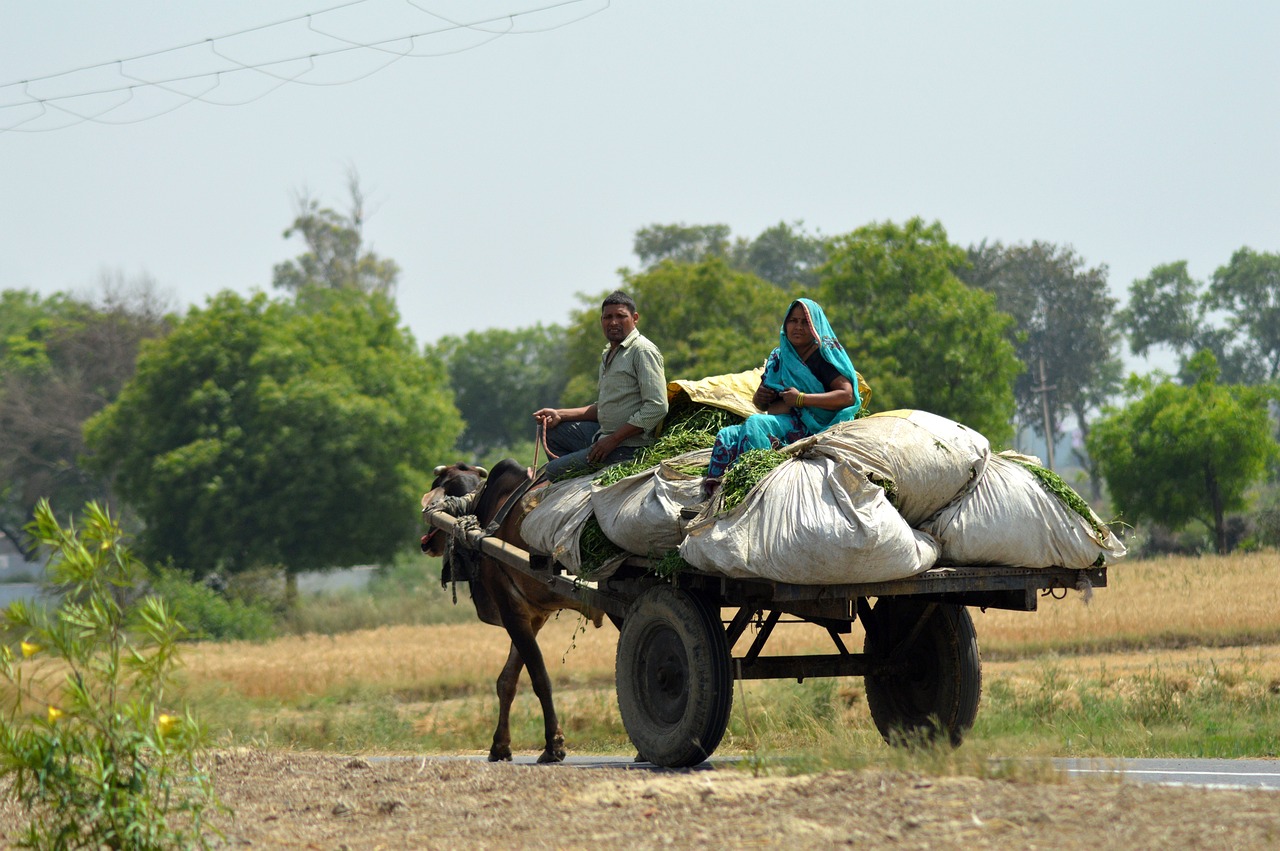Electoral Violence: Addressing Threats to Democratic Processes
Electoral violence is a significant threat to the integrity of democratic processes worldwide. It encompasses a range of behaviors, from physical attacks and intimidation to destruction of property, that occur before, during, or after elections. Such incidents not only undermine the credibility of the electoral outcomes but also instill fear and mistrust among citizens, impeding their ability to freely exercise their right to participate in the political process.
The motives behind electoral violence can be complex and multifaceted. They may stem from a variety of sources, including competition for power, historical grievances, ethnic or religious tensions, and socio-economic disparities. By fueling a cycle of violence and retaliation, electoral violence not only disrupts the peaceful transfer of power but also perpetuates a culture of impunity, where perpetrators are rarely held accountable for their actions.
Understanding the Root Causes of Electoral Violence
Electoral violence is a pervasive issue that threatens the integrity of democratic processes in many countries around the world. It is often fueled by a combination of historical grievances, social inequalities, and political factors. These root causes intertwine and create a volatile environment where tensions can escalate quickly, leading to violence and instability during elections.
One of the primary drivers of electoral violence is the competition for power and resources among different political actors. This fierce competition can breed hostility and aggression, especially when political parties or candidates feel threatened or marginalized. Additionally, underlying social tensions, such as ethnic or religious divides, can exacerbate the situation and further fuel conflict during the electoral process.
Impact of Electoral Violence on Democratic Processes
Electoral violence poses a significant threat to the democratic processes of a nation. When citizens are subjected to violence and intimidation during elections, it undermines the fundamental principles of democracy such as freedom of choice and fair representation. The presence of violence can lead to a lack of trust in the electoral system, resulting in a decrease in voter turnout and legitimacy of elected officials, ultimately weakening the democratic fabric of a society.
Moreover, electoral violence can have long-lasting repercussions on the stability and peace of a nation. When political disputes escalate into violence, it can lead to deep-seated divisions among different groups within the society. This can further exacerbate existing tensions and increase the likelihood of conflict and instability, hindering the country’s ability to govern effectively and maintain social cohesion. Thus, addressing and preventing electoral violence is crucial for safeguarding the democratic processes and promoting sustainable peace and development.
What is electoral violence?
Electoral violence refers to any violent acts or threats of violence that occur before, during, or after an election in order to influence the outcome or undermine the electoral process.
What are some examples of electoral violence?
Examples of electoral violence include physical attacks on candidates or supporters, destruction of campaign materials, voter intimidation, and electoral fraud.
Why does electoral violence occur?
Electoral violence can occur due to a variety of factors, including competition for power, ethnic or religious tensions, weak institutions, and a lack of respect for democratic norms.
How does electoral violence impact democratic processes?
Electoral violence can have a significant impact on democratic processes by undermining the credibility of elections, discouraging voter turnout, and eroding trust in the government and political institutions.
What can be done to prevent electoral violence?
Preventing electoral violence requires addressing the root causes, strengthening institutions, ensuring rule of law, promoting dialogue and reconciliation, and holding perpetrators accountable.







